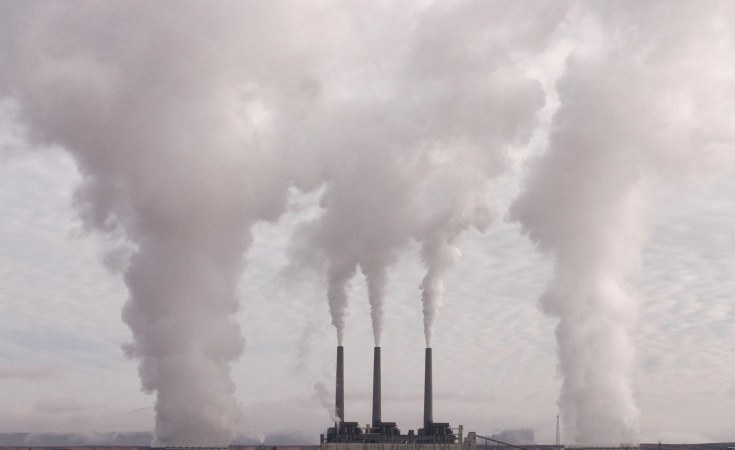Three-fourths of citizens want tighter regulation of the natural resource extraction industry.
Key findings
- Most Sudanese (88%) say pollution is a serious problem in their communities, including 67% who consider it a "very serious problem."
- Respondents cite pollution of water sources, human waste management, and air pollution as the most important environmental issues in their communities.
- More than three-fourths (79%) of citizens say plastic bags are a major source of pollution in Sudan.
- Citizens assign the primary responsibility for reducing pollution and keeping communities clean to local government (33%), national government (28%), and ordinary citizens (27%).
- Most respondents give the government poor marks on reducing pollution and protecting the environment (86%) and say it needs to increase its efforts (74%).
- If environmental-protection policies threaten jobs and incomes, more than half (55%) of Sudanese would still want the government to prioritise the environment rather than jobs.
- About half (49%) of Sudanese say the benefits of natural resource extraction, such as jobs and revenue, outweigh negative impacts such as pollution.
- Three-fourths (76%) of citizens say the government should regulate the natural resource extraction industry more tightly in order to reduce its negative impacts on the environment
In Sudan, where desert makes up more than half the land, desertification is a perennial environmental concern, heightened by the impacts of climate change (Desertification Facts, 2022). But there are others, ranging from air pollution and plastics to toxic waste (United Nations Environment Programme, 2020; France24, 2022).
While siltation from land erosion threatens the country's limited waters, desertification is picking up speed amid increasing droughts, fuelling competition for resources and political instability (Atit, 2023; Walender, 2023). Waste from gold mining and sugar plants damages residents' health; one report estimated that 450,000 tons of mercury-filled gold-mining waste have been deposited in Nile River State (France24, 2022; Othman, 2016).
The government has also cited plastic waste as a top contributor to environmental pollution and launched a campaign in 2018 to raise awareness of its health effects and promote alternatives (Xinhua, 2018).
This dispatch reports on a special survey module included in the Afrobarometer Round 9 questionnaire to explore citizens' views and experiences regarding pollution, environmental governance, and resource extraction.
Findings show that most Sudanese consider pollution to be a major problem in their neighbourhoods, citing pollution of water sources, human waste management, and air pollution as the most important local environmental issues.
A majority of citizens say the government needs to do more to limit pollution and protect the environment, including more stringent regulation of the natural resource extraction industry in order to lessen its negative environmental effects.
Elmogiera Elawad Elmogiera Elawad is the Director of Sudan Polling and Statistics Center.
Simon Templer Kodiaga Simon Kodiaga previously served as the communications coordinator for East Africa at Afrobarometer.


